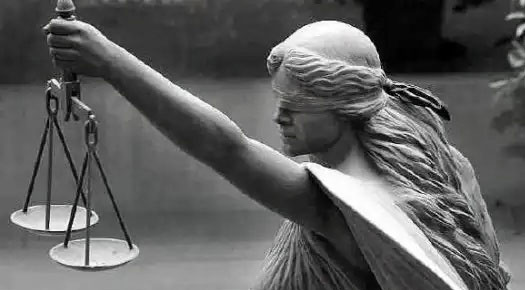
After a mullah raped a 10-year-old girl inside a mosque in Afghanistan, saying in his defense that the act was consensual, members of her family openly planned to carry out a case of honour killing before the guilty stepped up and offered to marry the victim. A local shelter swooped in to offer the girl a safe home but police officials removed her from the facility and returned her to the family, despite women’s activists insisting that she is likely to be killed in their custody.
Hassina Sarwari, head of Women for Afghan Women, the shelter that offered the girl refuge, said that at one point, they had to ensure the victim was in hiding because of the umpteen death threats she received from her family members and other mullahs. Allegedly, all of them attempted to play down the offense by saying the girl was not as young.
Reportedly, one militiaman sent Sarwari threatening messages as well as an ultimatum so her organization would return the girl to her family. Sarwari is now wary of her own safety and wishes to flee the country. Nederah Geyah, the woman in charge of the organization in Kunduz, who campaigned to ensure the girl was safe, resigned from her post earlier this year and shifted base to a different part of Afghanistan.
Like in most parts of the world but more so in Afghanistan, public fury has been targeted not at the mullah but at the women’s activists and the shelter that took a stand against a heinous crime. The Kunduz branch of the organization is among seven others in the country that is solely dependent on American funding from both private as well as public donors.
“People know this office as the Americans’ office. They all think the shelter is an American shelter. There isn’t a single American here,” said Sarwari while executive director Manizha Naderi explained, “W.A.W. is not American-run. Every single staff member is an Afghan. They are from the communities we work in. Our only concern is to make sure women and girls are protected and that they get justice.”
As western countries have started to withdraw their presence from Afghanistan, human rights advocates are beginning to see a sharp shift in their funding.
“We already see the signs of losing the support of the international community. No one’s funding new civil society programs anymore. None of the foreigners show up anymore; they’re all in hiding. And I think what gains we have achieved the last 13 years, we’re slowly losing all of them,” said Geyah.
Mohammad Amin, the accused, was arrested and he confessed to his actions saying the incident took place after Quran recitation classes got over at the mosque. However, he said he had no clue that the girl was as young as 10-years, as she responded to his advances as well.
Contrary to the mullah’s claims, the girl’s testimony and medical evidence revealed that she was raped violently and the attack led to a fistula, which is a break in the wall that divides the vagina and the rectum. According to medical professionals who tended to her immediately after, the girl bled profusely and was also at danger of losing her life because of a delay in emergency arrangements.
Two volunteers from Women for Afghan Women claimed that they tried to draw attention to the case but were immediately hounded with threatening calls from mullahs, Taliban members, militiamen as well as government officials. While most of these people alleged that the girl was 17-years-old and not 10, photographs taken by Sarwari clearly showed the victim to be a prepubescent child and doctors testified that she weighed only 40 pounds at the time of the tragic incident.

Geyah said that photos of the girl were shown to government officials as well as prosecutors to prove how young she was.
“We wanted to give her a face, to make her real to them. I went to the hospital when they brought her there. I was sitting next to her bed when I overheard her mother and aunt saying that her father was under tremendous pressure by the villagers to kill the girl because she had brought shame to them,” she said.
In Afghanistan, such cases of rapes followed by honour killings are very common. According to human rights records, approximately 150 murders on grounds of honour killing come to light each year but the actual figure is much higher and most of the cases go unreported.
Sarwari, who is a pediatrician, met an aunt of the girl’s when she went to pick her up at the hospital. The woman told Sarwari that the male members of her family had asked the girl to be sneaked out of the hospital so she could be killed and dumped at the river.
“The girl’s family gave us a guarantee that they would not harm her. We would not hand her back unless we were sure,” said Sayed Sarwar Hussaini, head of the Kunduz police criminal investigation division.
According to Hussaini, mothers of rape victims often see death as the only solution, as they are seen as unmarriageable and thus a lifelong burden on the family.
